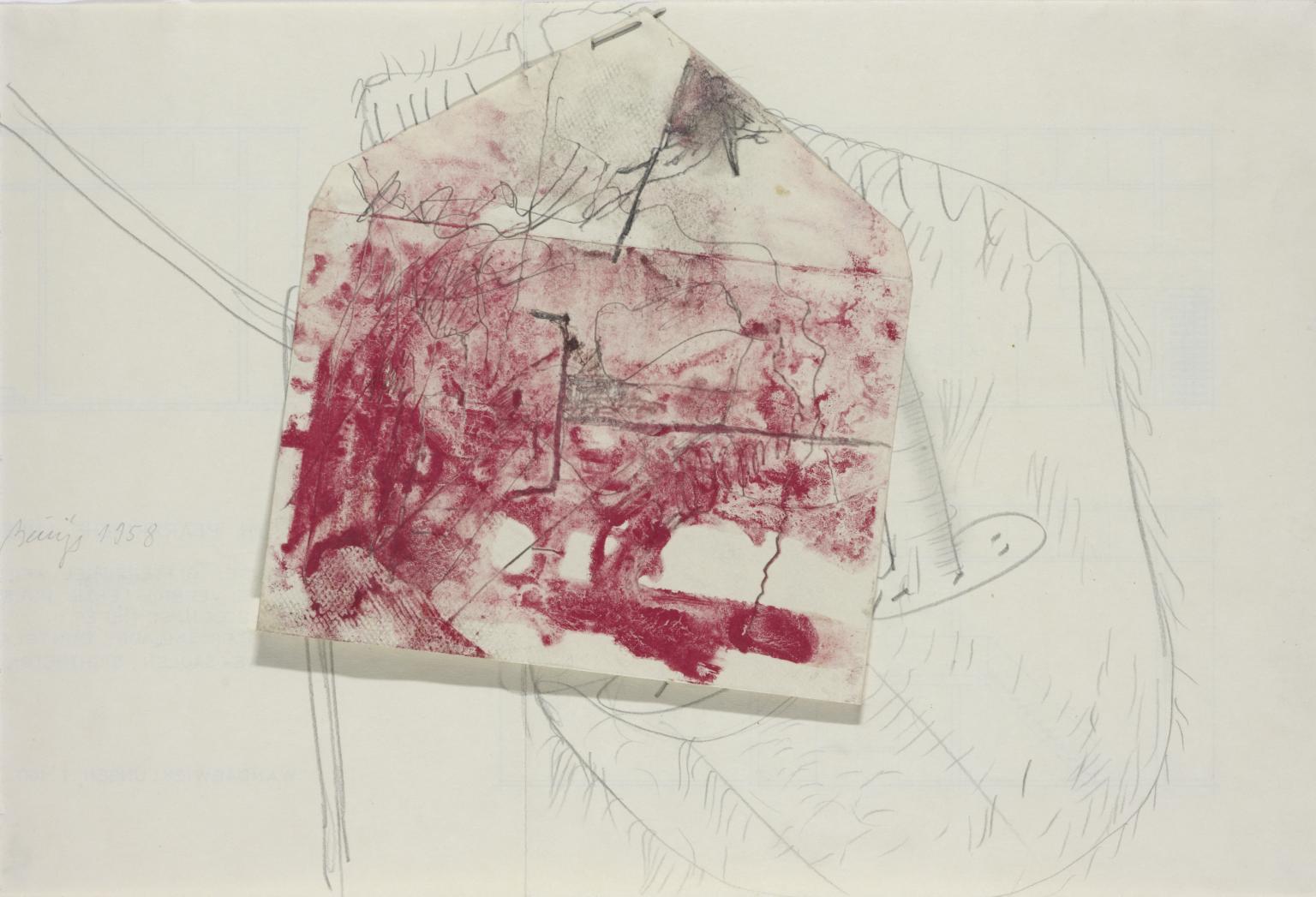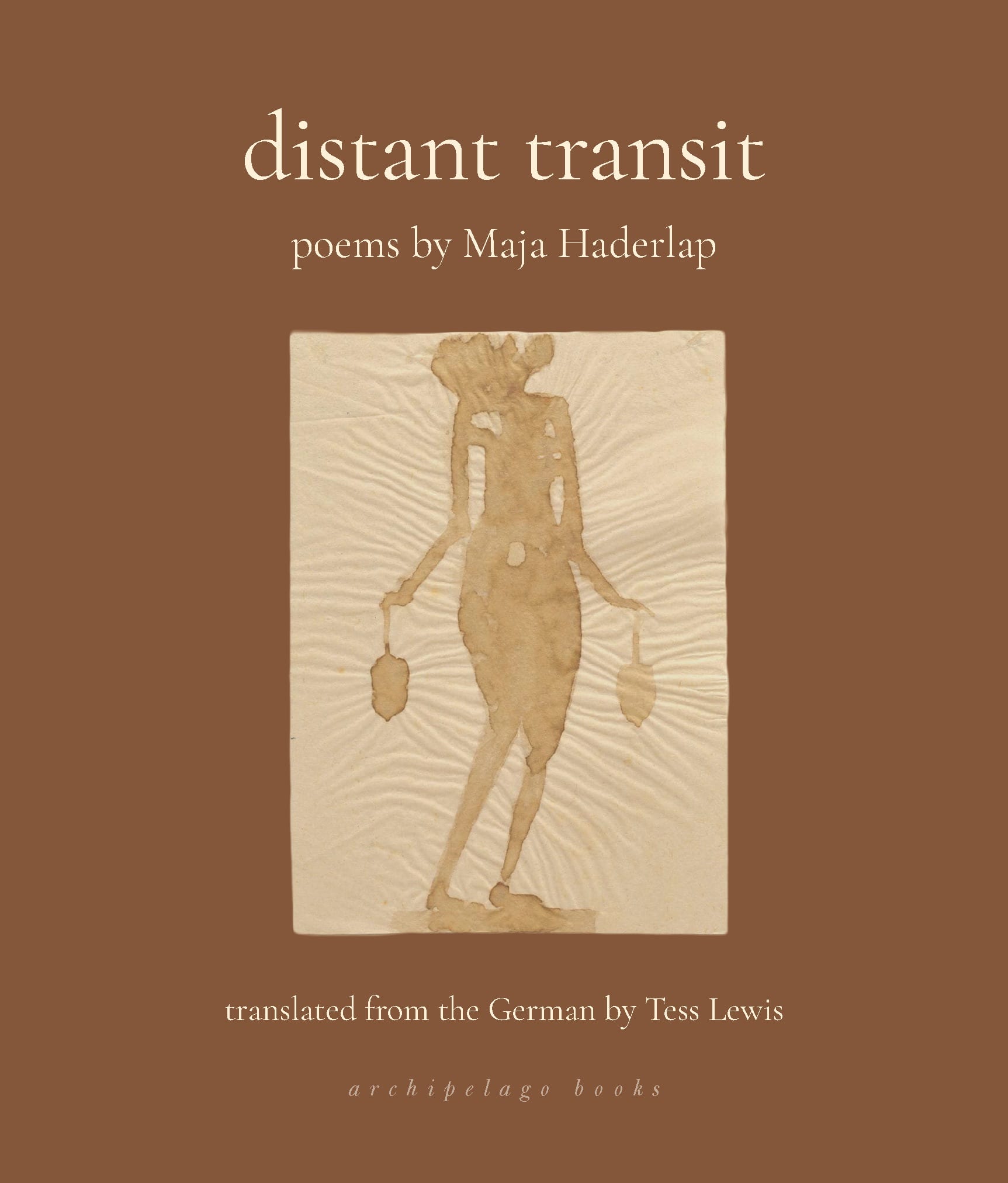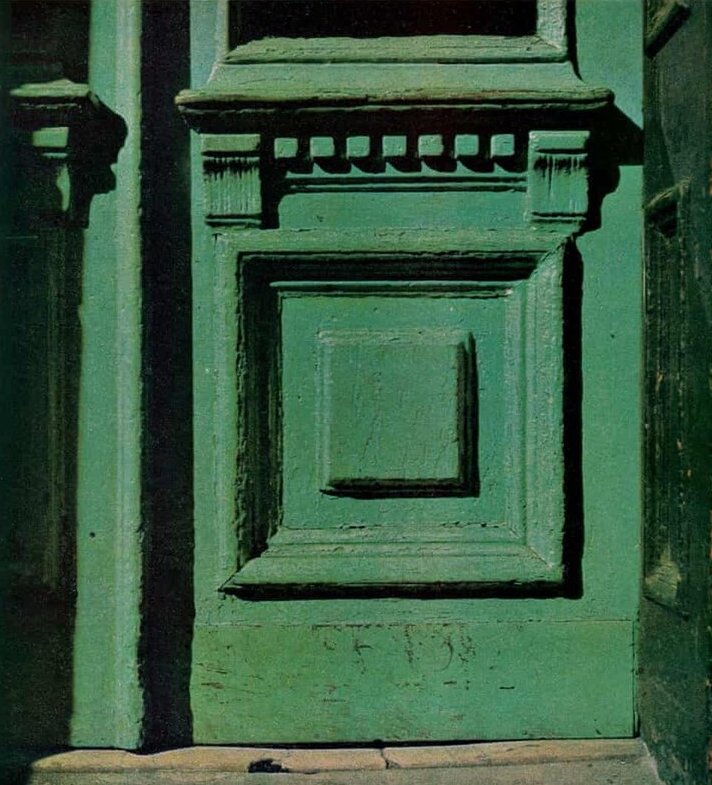Maja HADERLAP
FOUR poems
FOUR poems
FROM A BOOK CALLED
DISTANT TRANSIT
Translated by Tess LEWIS
‘TRIESTE TRST TRIEST,’
‘MY GRANDFATHER’S ESCAPE FROM
THE BLACK SEA,’
‘MEMORY,
FORGET-ME-NOT MONUMENT’
& ‘CATCHFLY EYEBRIGHT BIRD’S EYE’

Infused with movement, Maja HADERLAP’s DISTANT TRANSIT (translated from the German by Tess LEWIS and published by Archipelago) traverses Slovenia’s scenic landscape and violent history, searching for a sense of place within its evershifting boundaries. Avoiding traditional forms and pronounced rhythms, HADERLAP unleashes a flow of evocative, captivating passages whose power lies in their associative richness and precision of expression, vividly conjuring Slovenia’s natural world—its rolling meadows, snow-capped alps, and sparkling Adriatic coast. Belonging to the Slovene ethnic minority and its inherited, transgenerational trauma, Haderlap explores the burden of history and the prolonged aftershock of conflict—warm, lavish pastoral passages conceal dark memories, and musings on the way language can create and dissolve borders reveal a deep longing for a sense of home. At its core, DISTANT TRANSIT is an ode to survival, building a monument to traditions and lives lost.
Order a copy direct
from the publisher here ...
![]()

trieste trst triest
did the seagulls detect your vanishing point,
city of paper, city entranced by words,
shouted at from all directions
when it came time to rally around another name.
city that retreats behind a defensive wall
of palazzi. your manor houses always looked like barracks,
military cemetaries and war memorials led
through the villages to you. the border tightened
your steel collar. when your liberators stormed
in, sunken goods were unloaded in the port
like things extinguished. the sea beats roughly against
the jetty, the bora lashes your stiff timberwork.
poets cast in bronze bustle through your backstreets
without a word, because they saw you
when you still believed yourself to be more than
your nation’s façade. in your bay
my language encountered the glistening sea,
fell out of its crib onto the shore, was
still at home, was no longer alone.
here i practiced kissing with a view
of the adriatic, my freezing hands
buried in a man’s coat. tongue between
teeth and elsewhere. the gulls in the updraft.

my grandfather’s escape
from the black sea
from the black sea
when you fell and sank ever deeper, into
the darkest waters, into the salt-heavy darkness,
did a current grab you or did you follow
your thoughts as they fled homeward
toward the alps? while you foundered, an end was declared
to the war that was never yours on the northern
shore of the sea that engulfed you. did you ever
arrive? ever reach the tide that, from the beginning,
swept all losing armies through the gorge of the bosporus,
under the whorls of the dardanelles? did you follow
that spawn run north to the subterranean
rivers that sank like you? did you change
course or go ashore, not crossing the threshold
of your own home, this time as a trace of your old self
or a shy creature? where did you go on land,
which border turned you away or was it
the dead under its command, laid out in earthen barks
and set adrift, now awaiting the distant transit?
did you ever arrive? my mother believes
a strange man was gasping near the well at the poset farm.
she did not see him, but he was near.
memory, forget-me-not, monument
how much the torn-open field i
stand before betrays, the autumn sun
already pelts the clouds with resplendent
colors. even with eyes closed
its fiery complexion blazes. near
the farms i’m circling i look
for words discarded
like scrapped tools,
cull them, the way you gather
dried twigs from the forest edge and pile them
on the side of the road. mountain flanks grow
from the valleys to higher
peaks. in my voice
the first language crystalizes and
learns the codes of memory by heart:
spomin, spomincica, spomenik.
memory, forget-me-not, monument.

catchfly eyebright bird’s eye
a grassy slope floods
my eyes with earth, pebbles
and grass, with flowers pink,
yellow-white and blue. i have forgotten
the names of all the plants
that flowed through me and could
not bear witness, nor testify
for them at some point. later,
much later, when the meadow floods
subside, words
like lucca, smetlika, veronika
can perch on the flowers
or appear unexpectedly
like thoughts that had veered
off course long before.
will i recognize them or spell
them back into silence?
will the meadow remember me,
will the flowers know my name?
i will fall into the chasm.
the meadow will replace me.
Maja HADERLAP is a Slovenian-German Austrian writer and translator. She studied German language and literature at the University of Vienna and has a PhD in Theatre Studies. She was awarded the Ingeborg-Bachmann-Preis and the Rauriser Literaturpreis for her debut novel ENGEL DES VERGESSENS (ANGEL OF OBLIVION).
Tess LEWIS is a translator from German and French and an Advisory Editor of The Hudson Review. She has been awarded translation grants from PEN America and PEN UK, an NEA Translation Fellowship, and a Max Geilinger Translation Grant for her translation of Philippe JACCOTTET. She also writes essays on European literature for numerous literary journals, including The New Criterion, The Hudson Review, World Literature Today, The American Scholar and Bookforum.
IMAGE(s)—
Top, Joseph BEUYS,
‘Probe in the Bloodstream of the Oak’ / ‘Sonde im Blutkreislauf des Eiches’
© Tate & National Galleries of Scotland Collections
Mid, Walker EVANS, ‘Colour Accidents’ (detail),
The Architectural Review, 1958
